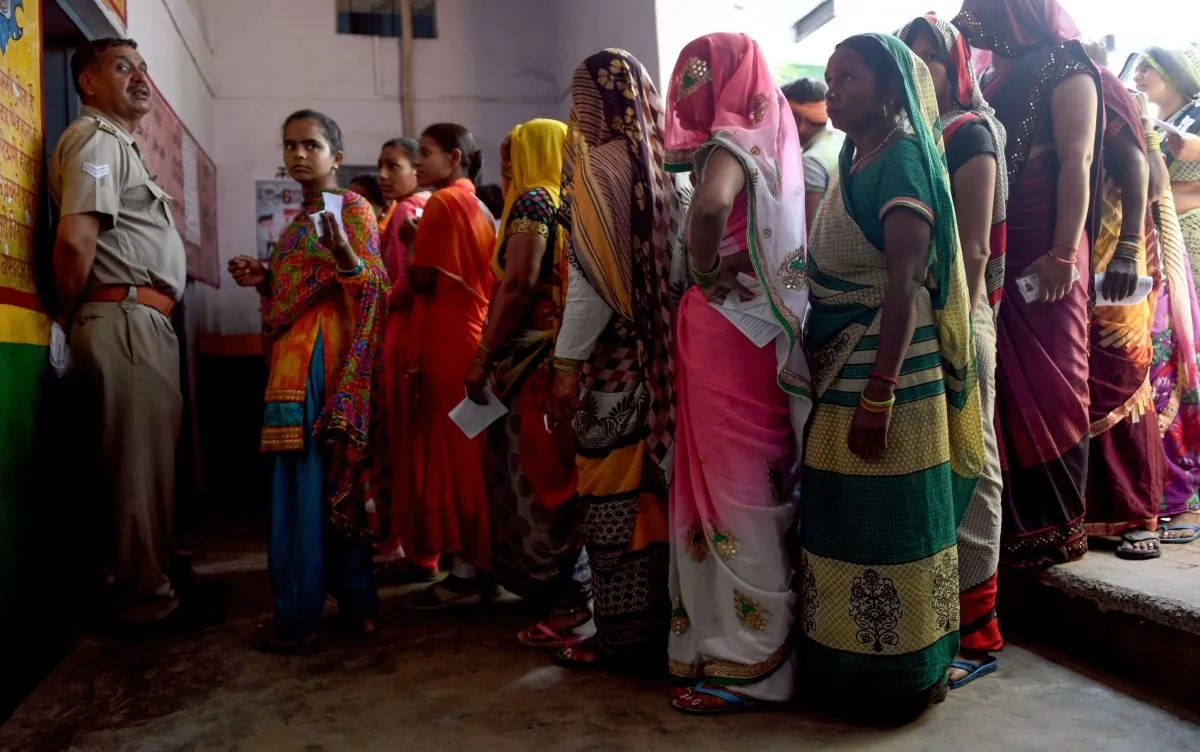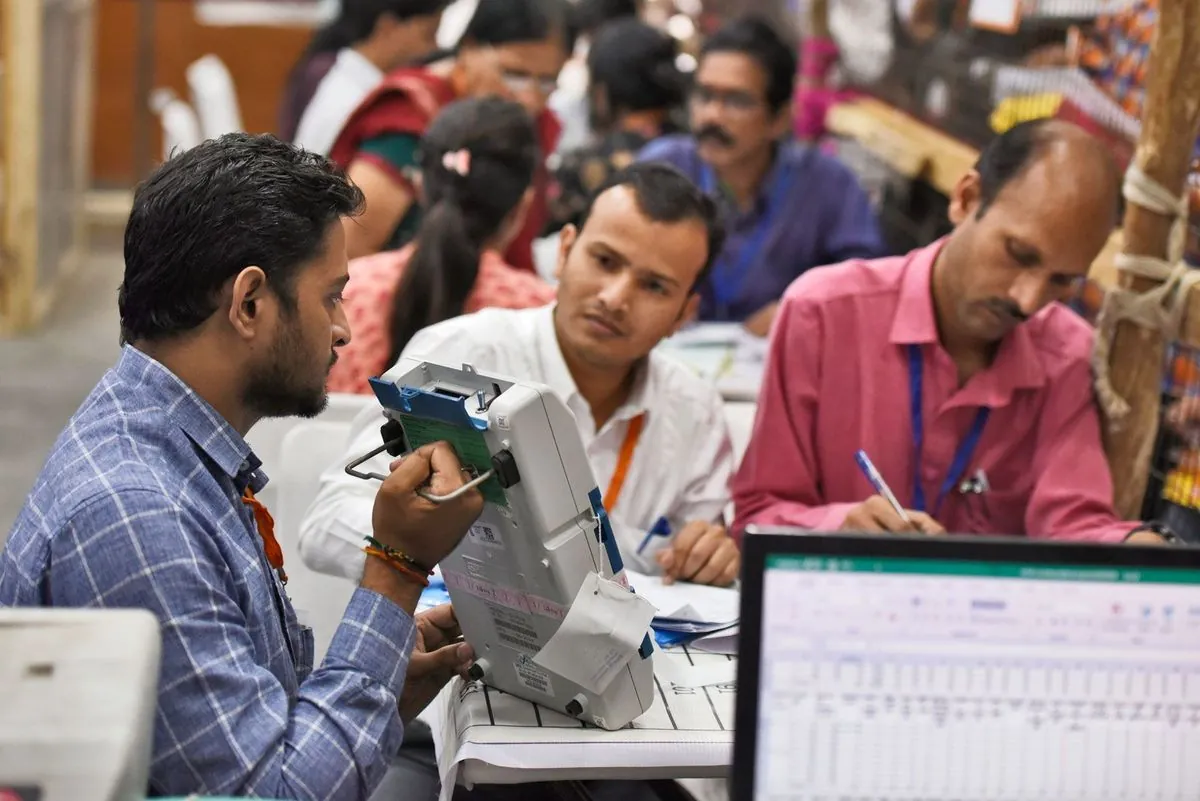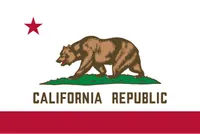Exit Polls Suggest Setback for India's Ruling Party in Key Provincial Elections
Exit polls indicate India's ruling BJP may have lost two crucial provincial elections to the opposition Congress party and its allies in Haryana and Jammu and Kashmir. Results to be announced on October 8.

Recent exit polls suggest a potential shift in India's political landscape, with the ruling Bharatiya Janata Party (BJP) facing setbacks in two key provincial elections. The polls, conducted after voting concluded on October 5, 2024, indicate that the opposition Indian National Congress party and its allies may have gained an advantage in the northern state of Haryana and the Himalayan territory of Jammu and Kashmir.
These elections mark the first provincial polls since India's general election in June 2024, where the BJP, founded in 1980, fell short of expectations despite projections of a large majority. The Congress party, India's oldest political party established in 1885, appears to have made significant gains, potentially ending a decade of BJP rule in Haryana.
It's important to note that exit polls in India have a mixed track record of accuracy. The country's diverse and large voting population poses unique challenges for pollsters. The Election Commission of India, established in 1950, oversees these complex electoral processes.

The election in Jammu and Kashmir holds particular significance as it's the first in a decade for this region. This Muslim-majority territory has been at the center of a dispute between India and Pakistan since 1947. In 2019, the Modi government revoked its special semi-autonomous status, a move they claim has fostered development and normalcy in the area.
India's political landscape is characterized by its multi-party system, with over 2,500 registered parties. The BJP, symbolized by a lotus flower, is known for its Hindu nationalist ideology, while the Congress party, represented by a hand symbol, led India's independence movement.
As the world's largest democracy, India's electoral process is a massive undertaking. The Lok Sabha, India's lower house of parliament, consists of 543 elected members. The country's first general elections were held in 1951-52, setting the foundation for its democratic tradition.
The upcoming vote count on October 8, 2024, will determine the accuracy of these exit polls. Meanwhile, two other significant states, Maharashtra and Jharkhand, are preparing for their own elections, expected to take place in November 2024. Maharashtra, India's second-most populous state, and Jharkhand, rich in mineral resources, will further test the political waters.
These provincial elections serve as crucial indicators of public sentiment and may influence the broader political narrative in India. As the country approaches its 75th year since the adoption of its constitution on January 26, 1950, these electoral outcomes could shape the future direction of Indian politics.
"The festival of democracy will strengthen our nation and democracy."
The results of these elections, set against the backdrop of India's complex federal structure comprising 28 states and 8 union territories, will undoubtedly be closely watched by political analysts and citizens alike. As India continues to evolve as a democracy, each election serves as a testament to the power of its people in shaping the nation's future.


































